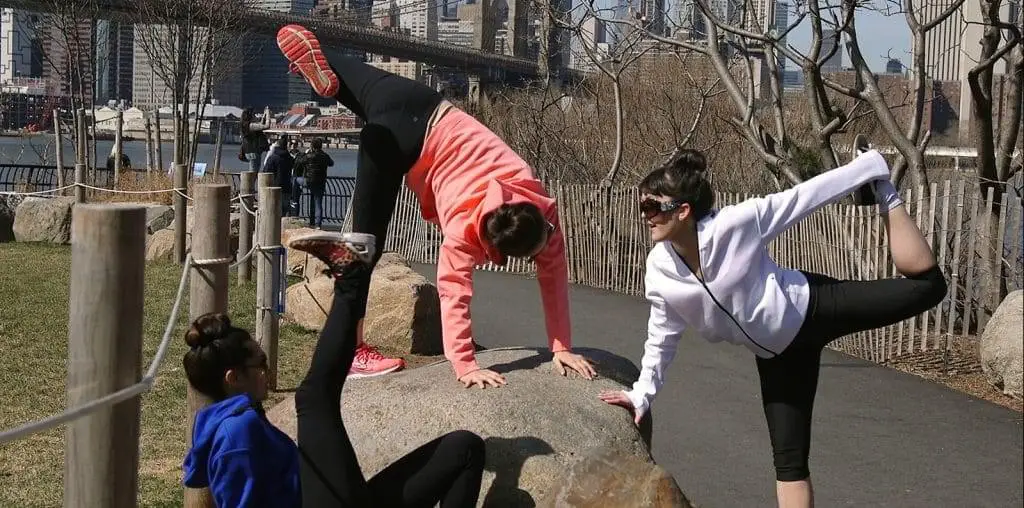
The enthusiasm of “Nollywood Babylon” is infectious. Focusing on the widely unknown (in the U.S., at least) Nigerian film industry, this documentary speeds its way through seventeen years of their film history. Starting in 1992, the video market in Lagos has provided financial opportunities for hundreds of actors and directors making thousands of films. Clocking in at about 2500 films a year, Nigeria has the third largest film industry (the first and second being the U.S. and India, respectively). Seeing the passion that these artists share for films showing the real experiences of Nigerians, and the love of Nollywood itself, is inspiring for independent filmmakers everywhere, struggling to get their little pictures made.
The star of the film, the Nollywoood director Lancelot Oduwa Imasuen (known as “Da Guv’nor in Lagos), had made 157 movies when “Nollywood Babylon” started filming. By now I’m sure that number has increased drastically as he directs two more during the four-month period the documentary crew was filming. Lancelot is a quirky, very serious, loveable character. Watching him scream at his grip in one scene and then comfort his actress after an emotionally draining performance, you can see just how much he cares about this business.
I only wish the film made an effort to slow down a bit more than its star. The directors, Ben Addelman and Samir Mallal estimated some 9000 cuts, and that seems to exclude the cuts made within the Nollywood film clips themselves. This MTV-style editing makes watching the film a little bit like wiping out under a giant wave. The new information hits you full speed, and you’re left with a mouth full of sand and an unsatisfying feeling of accomplishment. Each Nollywood poster shown in a split second has a wealth of information just beyond our grasp and the effect is a bit nauseating. The style matches the subject, but in this case a moment of silence, or even a single extra second spent on each shot would be very much appreciated. Perhaps the responsibility is placed on the audience to sit up, pay attention, and do our own research later.

